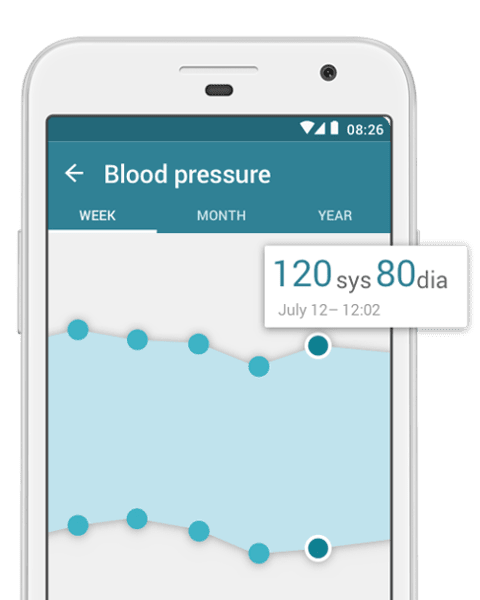Epilepsy awareness month is more than just an excuse to talk about the condition for a month each year. It aims to keep the 50 million people around the world affected by the condition as safe as possible. By getting people talking about epilepsy, we can raise awareness about the importance of seizure first aid. Since at least 1 in 3 epilepsy patients are affected by uncontrolled seizures, maximizing the number of people with basic seizure first aid knowledge could save countless lives. Aside from raising awareness about the importance of seizure first aid, epilepsy awareness month is critical for raising funds necessary to improve treatments and support programs for patients.
Basic First Aid for Epileptic Seizures:
One of the most important parts of an epilepsy awareness month is helping people understand what to do if someone around them experiences a seizure. While this article is centered around epilepsy these tips are applicable for any kind of seizure.
The first question that needs to be answered if someone is having a seizure is, “do I seek emergency care?” Most people would instinctively assume that the answer is yes. However, seizures do not typically require emergency medical attention. Emergency medical attention is typically only necessary if one or more of the following is true:
- This is the first time the person has had a seizure
- The person is having difficulty breathing or waking up after the seizure
- The seizure takes place in water
- The person has other health conditions such as diabetes, heart disease, or is pregnant
- Another seizure occurs soon after the first one
- The person is physically injured during the seizure
Even if the person does not meet any of the above conditions, you should seek emergency medical attention if you feel it is necessary.
Regardless of whether you seek emergency medical assistance, there are steps you should follow to assist people who are having a seizure. The tips below apply to any kind of seizure. However, the type of seizure most people think of is a grand mal seizure, which will be addressed following general tips.
- Remain with the person until the seizure ends and they are fully awake.
- Comfort the person and remain calm.
- Check to see if the person is wearing any emergency information or identification such as a medical bracelet.
- Ensure everyone else at the scene stays calm.
- Make sure the person has a safe transport home, such as a taxi, after the seizure ends.
The above tips also apply to a grand mal seizure (the type where the person may cry out, shake, jerk, etc) but the following are more specifically applicable for this type of seizure.
- Ease the person to the ground.
- Gently shift the person onto their side to assist their breathing.
- Move any dangerous objects away from the person to prevent injury.
- Place a soft flat object, such as a folded jacked, underneath the person’s head.
- If they are wearing glasses, remove them.
- Begin timing the seizure and seek emergency medical assistance if it lasts longer than 5 minutes.
- Remove anything around the person’s neck that may restrict breathing.
Just as important as knowing what to do when someone has a seizure, is knowing what not to do. The following is a list of things you should never do when someone is having a seizure.
- Do not restrict the person’s movement or hold them down in any way.
- Do not put anything in or near the person’s mouth. It can cause injury to the teeth or jaw.
- Do not try to give CPR.
- Do not offer the person food or water until they are awake and fully alert.
Knowing these simple tips can help you be more prepared to assist someone who is experiencing a seizure. If you work in a school, law enforcement, or as a caregiver it may be beneficial to look into special epilepsy and seizure training programs that can provide more in-depth knowledge.
What you should know about epilepsy, that you may not:
As mentioned earlier, epilepsy is a very common condition. However, many people know little or nothing about the disease.
Seizures may look different from what you expect:
Seizures as portrayed in movies and TV look quite a lot different from the ones experienced by most people. Most people picture someone having a seizure as collapsing, shaking, and losing control of their body. However, the type of seizures experienced by most people typically involves confusion and unusual movements. This can make recognizing a seizure difficult. Click here to learn more about identifying a seizure.
People with epilepsy are completely capable of leading full lives:
Most people with epilepsy can live the same lives as those without the disease. There are people affected by frequent uncontrolled seizures who may have a more difficult time finding work or attending school. Fortunately, there are increasingly more resources becoming available that may be able to help. For this reason, there are many successful people with epilepsy in a wide variety of professions.
Sometimes epilepsy is preventable:
Epilepsy can be caused by a wide range of conditions affecting the brain. For this reason, it is common for doctors to not be able to identify a cause. However, there are known causes of epilepsy and risk factors that are preventable.
One of the most common is traumatic brain injuries. By taking precautions such as wearing a helmet while riding a bike, people can reduce the risk of a brain injury that leads to epilepsy. Lowering the chances of significant events like a stroke or heart attack can also prevent epilepsy as it can lead to its development. Finally, the single most common cause of epilepsy worldwide is an infection called cysticercosis. It is caused by a parasite and is preventable through good hygiene and safe food preparation. If caught early, it is treatable, and the development of epilepsy can be prevented.
Here are some more articles we think you might be interested in:



